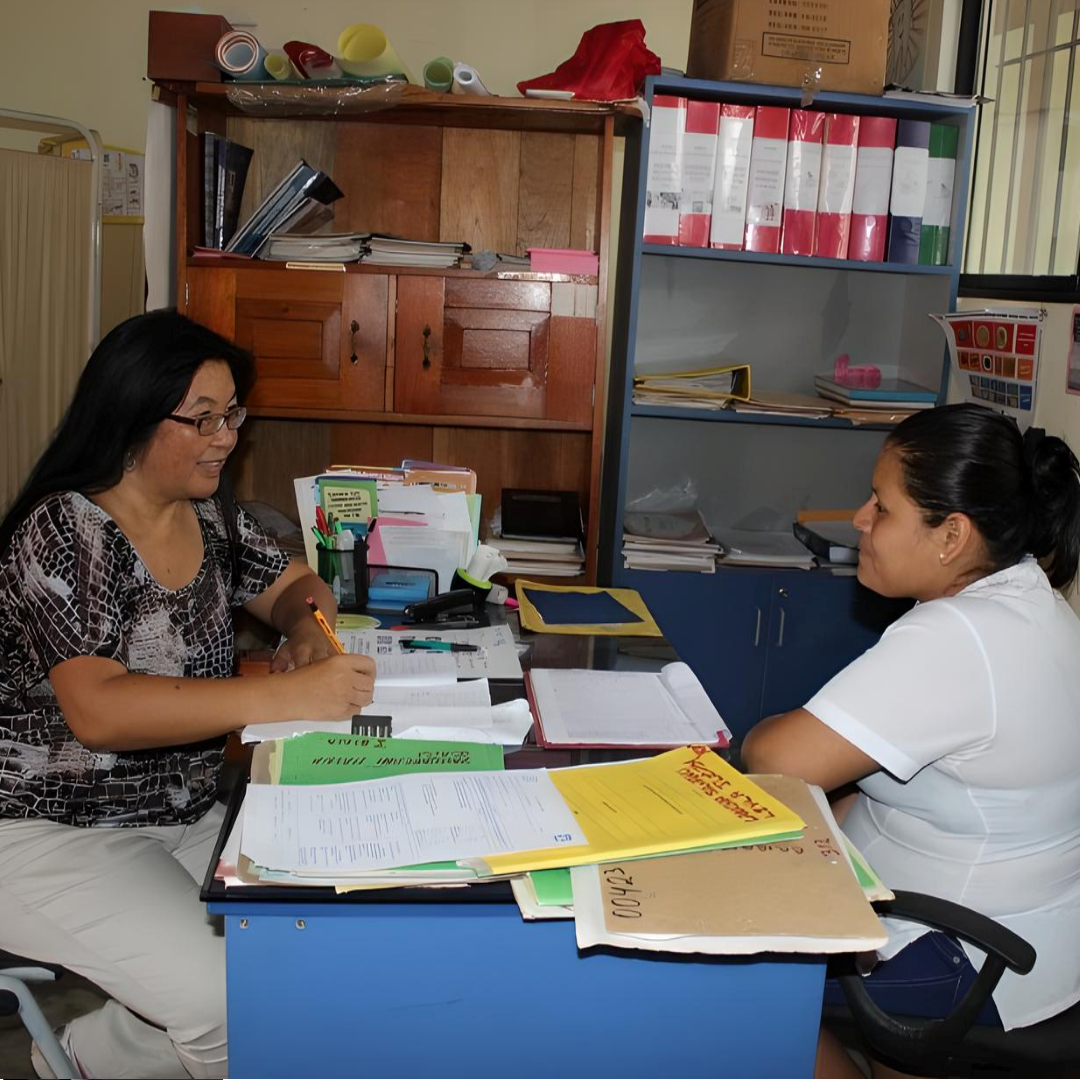
This course has ended. It was offered from August 2022 to November 2022. Here you can access the different knowledge resources (bibliography, readings, videos, guides, etc.), used during the course.
The communication spaces, exchange forums, and some activities/materials have been hidden because they were for exclusive use of the course participants.
No certificates will be issued for visiting these materials.
These are materials developed for teaching purposes in the context of the VCPH.
Please note that some materials may not be updated or there might be more recent versions, and the ones that are included here are only an archive of Campus resources.
Introduction
The 2018 report on The Burden of Mental Disorders in the Region of the Americas noted that "mental, specific neurological, and substance use disorders and suicide constitute a subgroup of diseases and conditions that are a major cause of disability and mortality, accounting for one-third of all years lost due to disability (YLDs) and one-fifth of all disability-adjusted life years (DALYs) in the Region of the Americas."
The Comprehensive Mental Health Action Plan (2013-2030) adopted by WHO has among its objectives: "to strengthen leadership and governance for mental health". This is an objective that seeks to reduce the gap between the resources allocated to mental health and the burden of disease. The present course falls within this framework.
Purpose of the course
The general objective of the Management of Mental Health Services virtual course for the Region of the Americas is that participants, involved in the management of health services, acquire the competencies and skills to effectively manage comprehensive and integrated mental health services, focused on the person, with a community perspective, with emphasis on the primary health care strategy, and with a focus on culture, human rights, gender and the fight against stigma. This can be useful for countries to have trained managers for the development of reform processes, modernization and decentralization of mental health systems, and to reduce the gap between the needs of the population and existing resources.
Learning objectives
By the end of the course, students will have improved their ability to:
1. Analyze the mental health situation in their contexts and prioritize relevant information for decision making.
2. Implement a National Plan for Strengthening Community Mental Health Services at the local level, with an intercultural, rights-based, gender-based and anti-stigma approach.
3. To organize mental health services with a community approach.
4. To create a mental health information system.
5. Generate the financial basis for the mental health plan.
6. To design an evaluation and quality control system.
Target audience
Aimed at health and mental health professionals who manage or lead public mental health programs or services in the selected countries and are designated by the health
authorities. Participants will be limited to 48.
Course duration
The course begins on August 24 with a week to familiarize participants with the Virtual Campus tools. Activities begin on August 31 and end on November 27, a total of 13 weeks. The course load is 8 hours per week, i.e. a total of 104 hours.
The course is structured combining synchronous and asynchronous learning modalities. Synchronous sessions will take place on a weekly basis every Wednesday morning from August 31st.
Course structure
The course lasts 13 weeks, plus a previous familiarization period. It consists of 4 modules and a final work.
1. Introductory module
2. Mental health strategy
3. Policy, Plans and Legislation
4. Organization, information systems and financing
5. Evaluation and quality
This edition of the course is only for participants selected by the course coordination.
